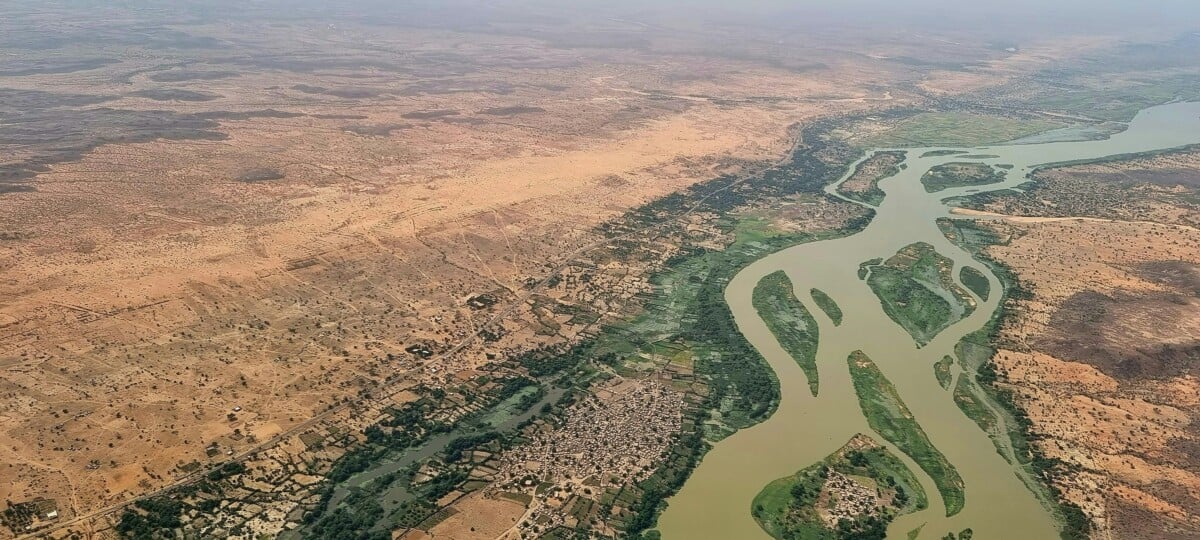
Mali has launched a decisive operation to combat illegal gold mining along the Niger River, dismantling over 200 dredgers in just three days in a bid to protect the vital waterway.
From July 21 to 23, the National Guard’s TAMA tactical intervention group carried out “Djoliba Saniya,” a targeted military campaign focusing on the southwest regions including Bancoumana, Hamdallaye, Kangaba, Balanza, and Danga. The operation successfully neutralized 206 artisanal dredges and six industrial mills used to clandestinely extract gold from the riverbed.
Commander Michel Koné, leading the operation, underscored the severity of the damage: “These machines are dangerously damaging the river ecosystem. It is our duty to eliminate them.”
The Niger River, stretching over 4,000 kilometers, is a lifeline for millions of Malians, providing irrigation and drinking water, notably for Bamako and other cities. Yet illegal mining activities severely disrupt water quality, causing treatment difficulties and supply interruptions in several neighborhoods, according to the Malian Drinking Water Management Company (SOMAGEP-SA).
Health risks loom large as toxic substances, including mercury used in artisanal mining, contaminate the river, threatening aquatic life and local communities alike. “The water becomes unfit for consumption without complex treatment, which SOMAGEP sometimes struggles to provide,” experts warn.
Despite ongoing government reforms in the mining sector, observers note that thousands of dredgers still operate unlawfully on Malian rivers, with illegal gold production accounting for a significant share of the country’s annual output, estimated at over 60 tons.
Operation “Djoliba Saniya” is part of a broader crackdown, with similar interventions planned for other regions such as Sikasso, where the Niger’s tributaries face similar threats. Commander Koné emphasized the wider importance: “The Djoliba River does not belong only to Mali. It is a West African heritage. To preserve it is to protect life.”
While residents in affected villages largely welcomed the action, some voiced concerns about the social insecurity faced by small-scale miners who often lack viable economic alternatives—highlighting the complex balance between environmental preservation and human livelihoods.
Authorities have pledged to continue operations until all illegal installations in targeted areas are eradicated, signalling an ongoing commitment to safeguard the Niger River for present and future generations.



